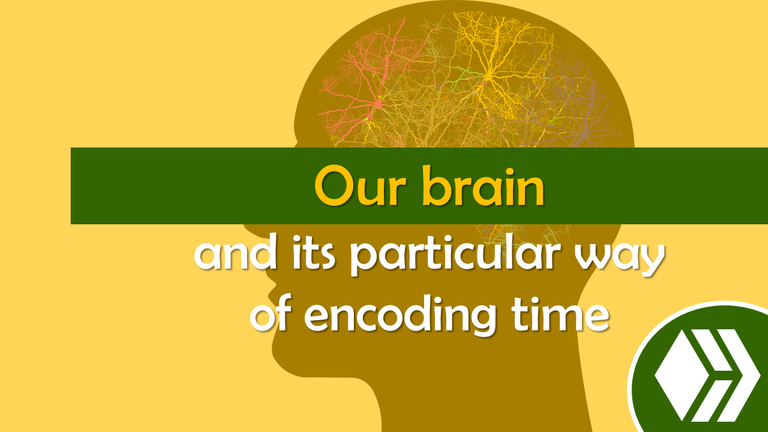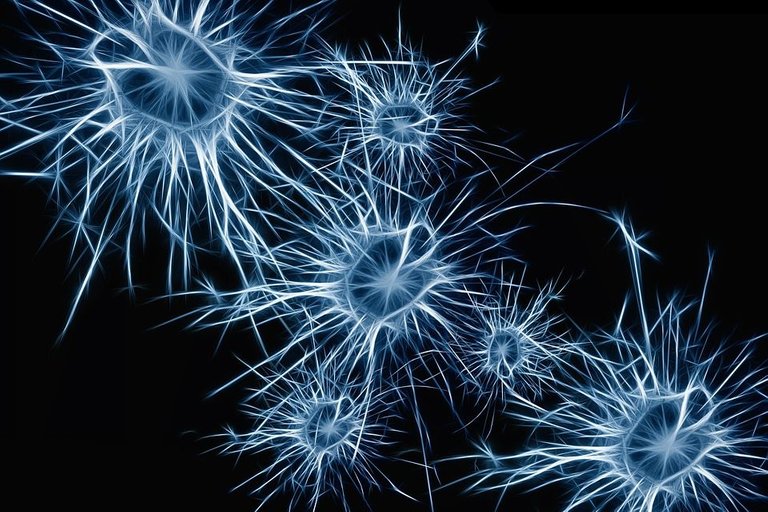Our brain and its particular way of encoding time

CONTENT
I recently read an interesting scientific article on neuroscience and the physics of time, and I was really amazed at what our brains can code in our favour by creating biological clocks from neurons, turning the brain into a time machine.
The article in question evoked the following question: How is the brain able to process so much data in real time, efficiently and seemingly effortlessly? The answer, according to scientific arguments, may lie in the theory of time compression.
In essence, the theory of time compression establishes that the brain has the capacity to convert time into space, simplifying the situation and being able to act immediately before extremely complex or difficult to solve situations.

In this context, the researcher Dean Buonomano, author of the book "Your Brain is a Time Machine. The Neuroscience and Physics of Time", argues that the future does not exist because we have not yet taken the decisions that will lead us to it, because it is impossible to predict what people are going to do or how they are going to behave.
So, what our brain processes are elements in its database of events that happened in the past, hence, the information processed depends on all the experiences we have had in life, where we grew up, what we learned as children, the places we visited, because all those things are going to shape our neural circuits.
The above does not lead to a single point, which is that our nervous system is an organised set of specialised cells that allows the brain to process information about its reality and to generate behaviours in accordance with that information.

SOURCES CONSULTED
➊ Sundeep T The Persistence of Memory: How the Brain Encodes Time in Memory. Link

OBSERVATION:
The cover image was designed by the author: @lupafilotaxia, incorporating the public domain image background: Source / Author: Pixabay, 2018


0
0
0.000
0 comments